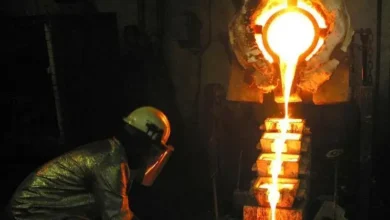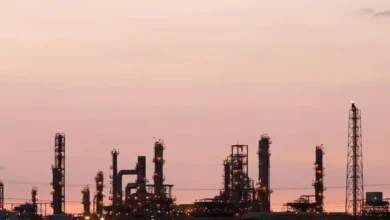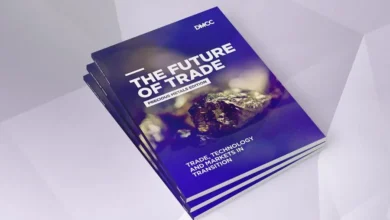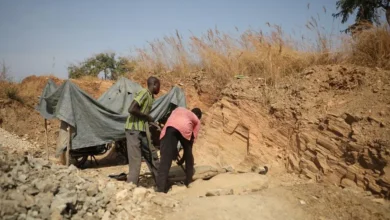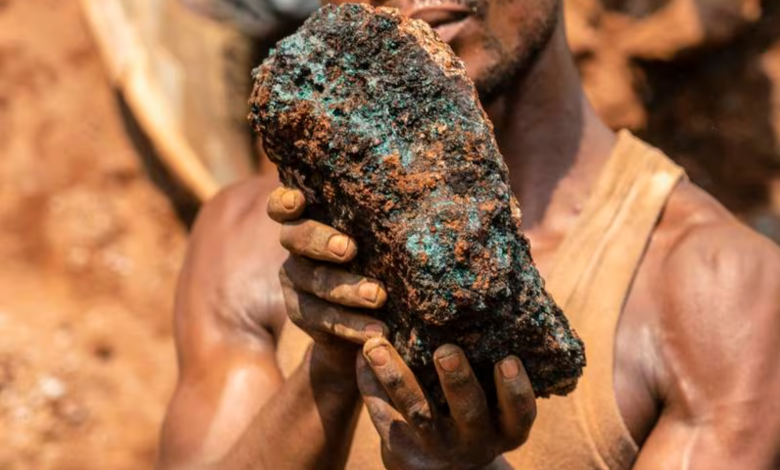
- Cultural Survival group urges delegates at UN climate summit in Dubai to protect rights of local communities amid global shift towards sustainable technologies
Indigenous leaders at Cop28 have urged governments and corporations to protect their rights and land as the demand for metals to power green technology soars.
There has been a scramble around the world for mines and minerals, which are needed to make electric car batteries and other energy equipment, amid a shift towards green and sustainable solutions to tackle climate change.
This has resulted in indigenous communities being displaced from areas they have called home for centuries, to make way for mining operations.
Cultural Survival, a 50-year-old non-profit that is dedicated to defending the human rights of indigenous people, has aired concerns over the future of lands that have cultural and spiritual significance.
We will not back down from our role as leaders in the fight for climate action
Cultural Survival, non-profit organisation
In an open letter published on Friday, the group called for action to be taken by delegates attending Cop28 in Dubai.
“We urge governments and corporations to respect, protect and fulfil indigenous peoples’ rights, to ensure equitable and responsible environmental and social practices on our lands,” the statement read.
“We have ancestral, cultural and spiritual ties to our lands that not only require our participation in climate advocacy but also call us to commit to the proper stewardship practices of nature that are deeply rooted in our ways of life.”
Cultural Survival represents indigenous communities in Asia, Africa, South America, North America and Australia, many of which are among those most affected by the growing climate challenge and demand for land.
The group said that indigenous leaders are pursuing and championing clean energy and transportation solutions on their territories that align with their self-determined needs and goals.
But that these solutions should be “acknowledged, recognised, promoted and funded by states and private entities.”
Cultural Survival said a legacy of exploitation has been left on many indigenous communities who have historically seen land seized for oil, gas and mining operations.
Mineral demand
:quality(70)/cloudfront-eu-central-1.images.arcpublishing.com/thenational/EDRV4KJLLZCOJQGYOPB5BDGFKA.jpg)
At least 30 energy transition minerals and metals (ETMs) form the material base for the renewable energy transition, with lithium, cobalt, nickel and copper underpinning green industries.
Clean energy such as solar panels, wind turbines and batteries used in electric vehicles all require substantial natural materials to build and maintain.
A study by the Centre for Social Responsibility in Mining at the University of Melbourne found more than half of all energy transition materials were found on, or close to, indigenous peoples’ lands.
Protocols under the UN Declaration on the Rights of Indigenous Peoples encourage open consultations and negotiations on mining activities, with the final say on operations given to local communities.
“We will not back down from our role as leaders in the fight for climate action and clean energy,” Cultural Survival said.
“Cop28 must be the foundation for governments around the world to build on this momentum and take the urgent steps needed to secure Indigenous Peoples’ self-determination.
“We believe it is an opportunity to define a better and more inclusive world that serves all communities and all peoples – transcending the boundaries of concentrated political and economic power.”

